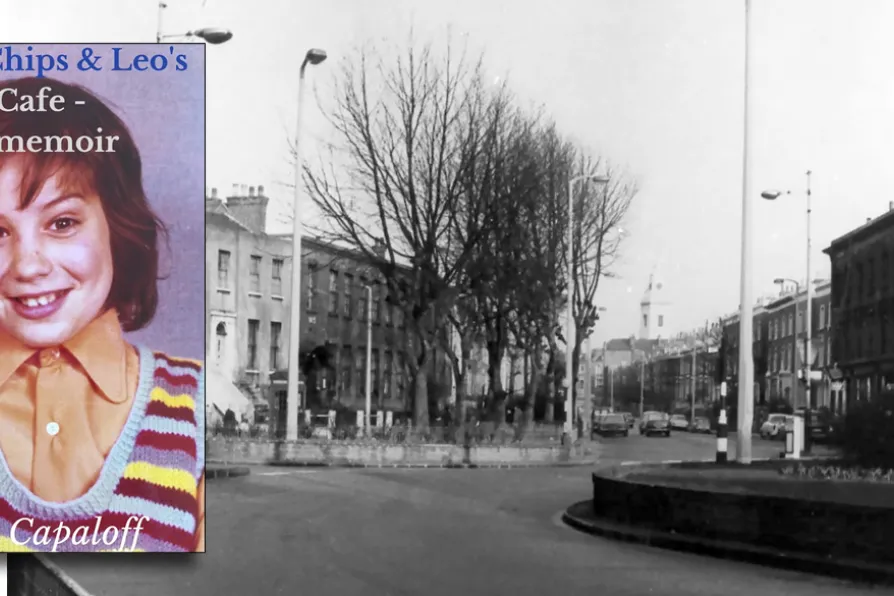PETER MASON is wowed (and a little baffled) by the undeniably ballet-like grace of flamenco

 MEMORY LANE: Hackney Downs and Dalston Lane, East London, 1960s postcard
MEMORY LANE: Hackney Downs and Dalston Lane, East London, 1960s postcard
A GROWING political awareness underscores Eggs, Chips & Leo’s Cafe, Brian Capaloff’s entertaining and poignant collection of reminiscences.
Being a memoir, these recollections might otherwise be of somewhat random occurrences, but the author’s socialist analysis ensures that they are each viewed as stepping stones to explaining the man he is today.
In an explanatory note at the start of the book, Capaloff is clear that this is an assertion of his and others’ working-class identity and not another book about the so-called middle class.
”I wanted people to know that my past existed and that the lives of the people at my school and my community also existed,” he writes. “They’re just as interesting, just as real, just as important.”
By and large, he succeeds. It’s hard not to like a book whose chapter headings are those of prime ministerial terms of office and, after a short scene-setting (MacMillan 1957-1963), he recalls his first memory as he is wheeled around on a hospital trolley to have an operation on his sinuses during the Harold Wilson years.
He comprehensively empties his memory box with recollections of specific TV programmes, including iconic episodes of Dr Who, going for treats at the cheap eateries referenced in the title and wearing knitted tank tops. In the process, he recreates the specifics of a working-class 1960s and 1970s British childhood.
Although these early chapters sometimes rub shoulders with the world of Adrian Mole, they are an emotionally faithful record of a child coming to grips with the challenges and contradictions of growing up in a particularly poor part of Hackney in east London.
Capaloff’s parents, although desperately poor, in spite of both holding down jobs, were Conservative supporters. It was only as he emerged into his teenage years that such a contradiction became in itself a spur to his own political development.
Other influences include his Jewish background, albeit not an overtly religious one, a growing love of less popular musical genres and being bullied by a brace of vile PE teachers at Hackney Downs School.
Capaloff combines a Dickensesque detail of the ritualised humiliations meted out to his overweight and non-athletic self with a committed fondness for his later years at the school, just as it became a convenient target for right-wing media and political attacks.
As an outsider among outsiders, he discovers a sense of purposeful resistance during the Thatcher years, both through employment in an unemployment benefit office and then as a Labour activist and mature student at Kingston Polytechnic.
The smart selection of key memories is somewhat undermined by the last few chapters, which amount to a somewhat unpolished litany of the author’s failed or near-missed relationships with women. Needing editorial oversight, the book rather stutters to a halt, just at the point when the reader is eager for a sharper summary.
The microscopic point size is also an impediment to a fuller appreciation of Capaloff’s writing — not least as this reviewer is something of a contemporary of his and so suffers from the eye strain associated with having also lived through just as many prime ministerial terms.
Available from online retailers, £5.50.

















